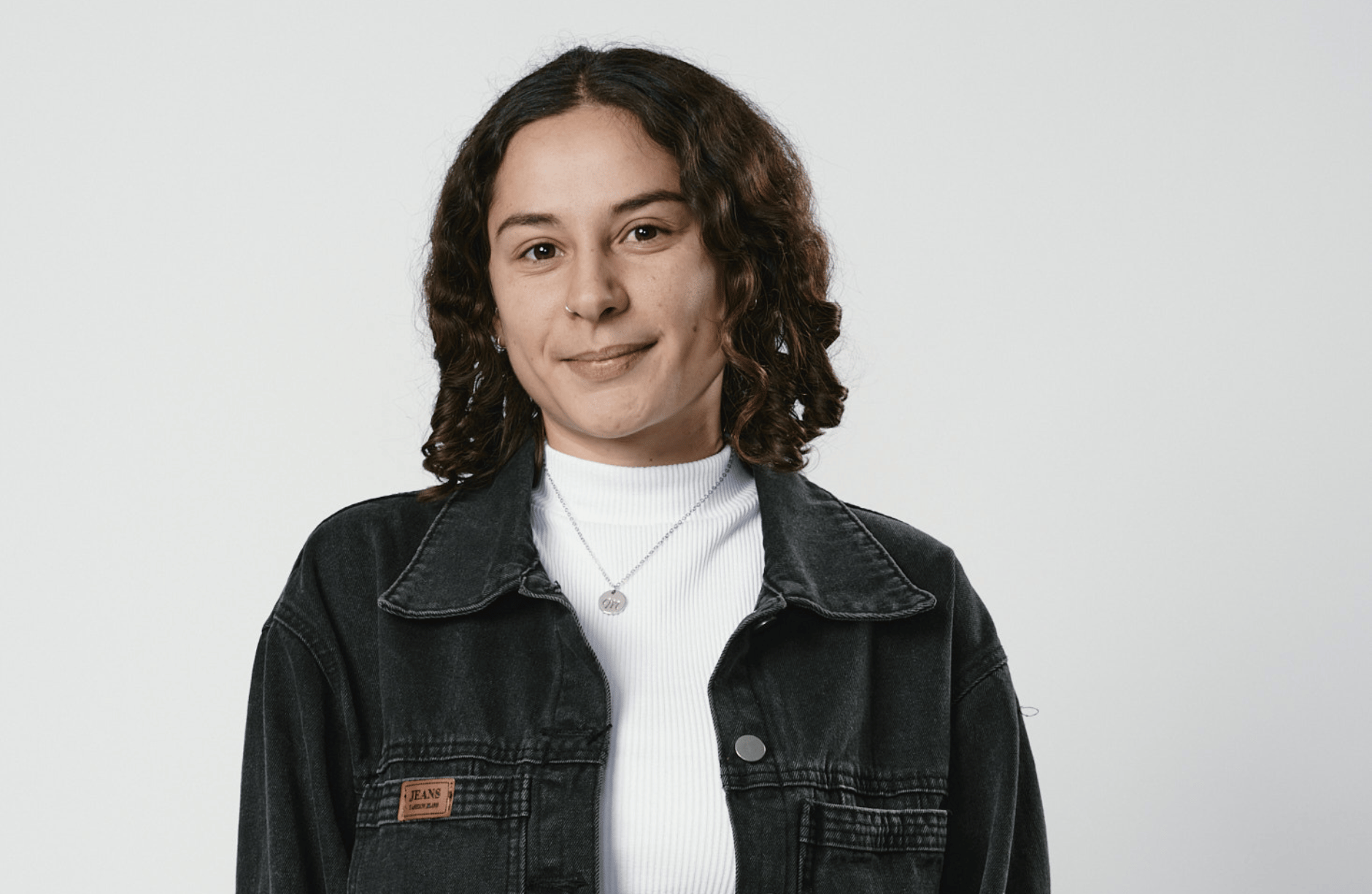Converting Waste Into a Sustainable Food Source – Maya Zaken

In recognition of Earth Day, we’ve been speaking to entrepreneurs who have used their education to make a difference. These individuals have created start-ups that solve a business problem in a sustainable way.
Maya Zaken took part in the beVisioneers fellowship, a year-long, global fellowship funded by Mercedes-Benz. The fellowship equips innovators aged 16 to 28 with the training, expert support and resources to bring their planet-positive projects to life.
Through this fellowship, Maya created Philafeed – a start-up which developed systems that replicate the natural life cycle of black soldier flies to produce larvae fed on food waste. The resulting by product, “frass,” serves as a nutrient-rich soil amendment. By converting waste into a sustainable protein source for animals, and a soil amendment for plants, the company addresses both food waste and environmental challenges.
Philafeed pioneers a decentralised, community-based approach aimed at establishing numerous container facilities to close multiple food loops and foster a vibrant, dynamic ecosystem.
We spoke to Maya about her inspirations for this start-up and how her business school experience helped her start her business.
What inspired you to start this business and tackle this issue?
After earning my degree in economics, I developed a deep passion for sustainable development. I decided to turn to agriculture as a means of development. You know, “give a man a fish feed him for a day, teach a man how to fish feed him for a lifetime.” Soon into my agricultural journey I recognised the environmental devastation of traditional agriculture, which contributes to 25 percent of total greenhouse gas emissions.
Undeterred, I kept searching for sustainable solutions and eventually found the potential of black soldier flies. I was immediately hooked, as it allowed me to address both food security and environmental challenges associated with food waste and farming.
How has your business school experience helped you become an entrepreneur?
Studying economics provided me with invaluable insights into market dynamics, human behaviour, and systemic thinking, all of which have been instrumental in my entrepreneurial journey. Understanding how markets operate has enabled me to identify opportunities and effectively position our business within the industry.
“Sustainability is a journey, not a destination. Understand that your business may undergo transitional phases as you evolve and refine your approach”
– Maya Zaken
Moreover, delving into human behaviours has equipped me with the skills to build strong relationships with stakeholders, understand consumer needs, and develop effective communication strategies. Additionally, adopting a systemic thinking approach has allowed me to analyse complex challenges from a holistic perspective, leading to innovative solutions that drive both sustainability and profitability.
Overall, my business school experience has provided me with a solid foundation and a diverse set of skills essential for navigating the entrepreneurial landscape and driving meaningful change through our ventures.
What challenges have you encountered while integrating sustainability into your business operations, and how have you overcome them?
One challenge we faced was the high fuel consumption associated with waste collection and logistics. We addressed this by aligning our delivery schedule with waste collection, minimising travel expenses and environmental impact.
As a sustainable-focused entrepreneur, how do you navigate the balance between profitability and purpose?
Initially, I was solely driven by purpose. I soon realised that if I were going to sustain myself, my ventures, and my beneficiaries, I required profitability. Without profits, sustainable impact work becomes reliant on perpetual fundraising.
I’ve come to view profitability not as a detractor from our purpose, but rather as a means to amplify our impact. In this way, I see profitability and purpose as intrinsically linked, each reinforcing the other.
Looking ahead, what are your aspirations for the future of your sustainable business?
We are entering the next phase of our business, transitioning from a greenhouse to a container model. Our short-term goal is to establish our first farm in Cape Town, leveraging the expertise of GenBioSol, leading black soldier fly experts, as our technical partner. With their support, we are poised to revolutionise waste management by processing tons of waste into valuable protein and frass, enriching the soil and promoting sustainable agriculture.
Our long-term vision is to expand our operations, setting up numerous farms across different regions, and scaling our impact on a global scale. Through our innovative approach, we aim to inspire individuals to actively engage in the food system, fostering a deeper understanding of our collective responsibility to cultivate a more sustainable future.
What advice would you give to other sustainable business founders?
Sustainability is a journey, not a destination. Understand that your business may undergo transitional phases as you evolve and refine your approach to sustainability. Embrace imperfection and prioritise consistent progress. Remember, slow and steady progress wins the race.
Interested in this series? You might also like this…
